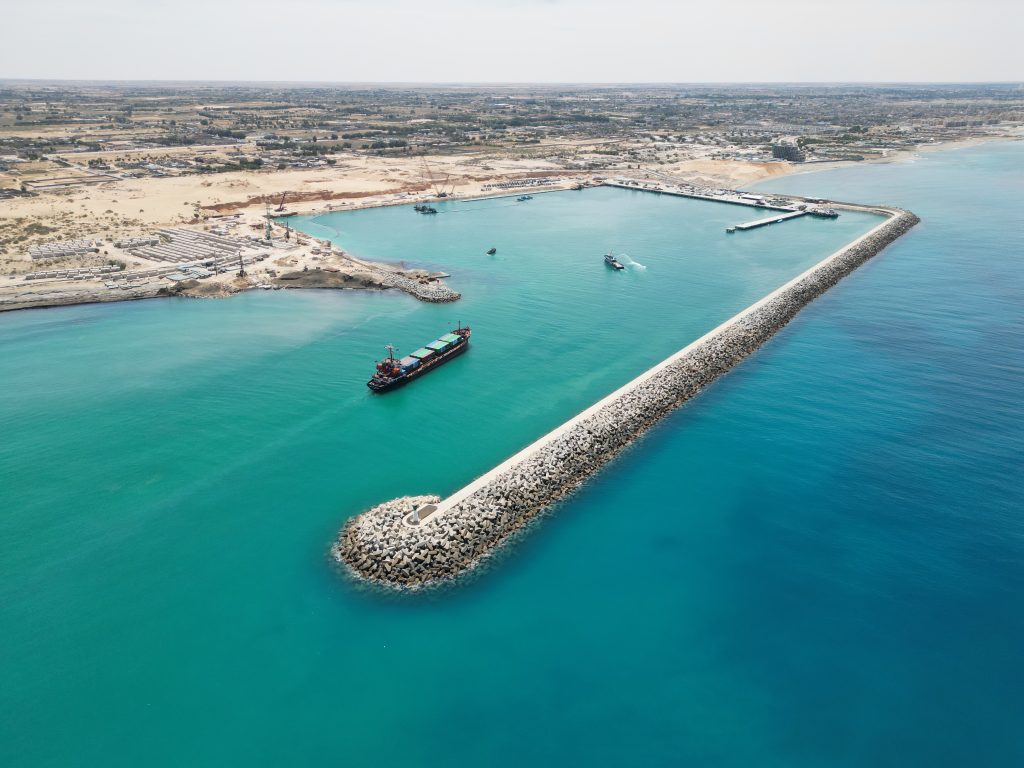
- Enhancing international transit trade: Transforming the port of Sirte into a pivotal gateway for the movement of goods through Libya, by facilitating transit procedures and reducing the cost and time of transporting goods. This includes the provision of advanced logistics services that support re-export activities and cross-border trade.
- Supporting Manufacturing Industries: Encouraging the establishment of industries based on local and imported raw materials with the aim of increasing added value before re-exporting or marketing them locally. This includes manufacturing processes and changing the condition of goods to suit the requirements of the markets, which contributes to the diversification of Libya’s industrial base.
- Providing integrated banking and financial services: Establishing an integrated system of services supporting investment within the region, including banking, insurance, financing and advisory services. The presence of branches of banks, insurance and investment companies within the free zone ensures the facilitation of business operations for investors and the availability of financial support for their projects.
- Infrastructure and Facilities Development: Establish and modernize critical facilities in the port and the surrounding area, including jetties, container terminals, warehouses, administrative areas, and service facilities. The goal is to create a world-class infrastructure that meets the needs of different investors and keeps pace with the expected growth in business volume.
- Localization of knowledge and technology: Attracting modern technologies and applying international best practices in port operation and free zone management, with a focus on training Libyan cadres on these technologies. Sirte thus becomes a hub for the transfer of knowledge and technology to Libya, which raises the efficiency of performance and provides a strong foundation for future development.
- Job creation and national talent development: Providing thousands of direct and indirect job opportunities for Libyan workers in various employment sectors within the Free Zone, from port operation and logistics to industries and support services. It also focuses on qualifying workers and developing their skills through training programs, which raises the level of national competencies and integrates more Libyans into the modern economy.
- Diversifying the economy and reducing dependence on oil: Contribute to the diversification of Libya’s sources of national income through the development of promising non-oil sectors such as industry, logistics, and tourism. Reducing the historical dependence on the oil sector is a key goal, as the free zone seeks to support the increase in non-oil exports and attract investments in new areas, in order to promote economic stability and achieve sustainable development.
Through these and other objectives, Sirte Free Zone aspires to elevate Libya’s position as a regional economic hub and an effective contributor to global supply chains, for the mutual benefit of both investors and the national economy.

 then 'Add to home screen'
then 'Add to home screen' then 'Add to home screen'
then 'Add to home screen'